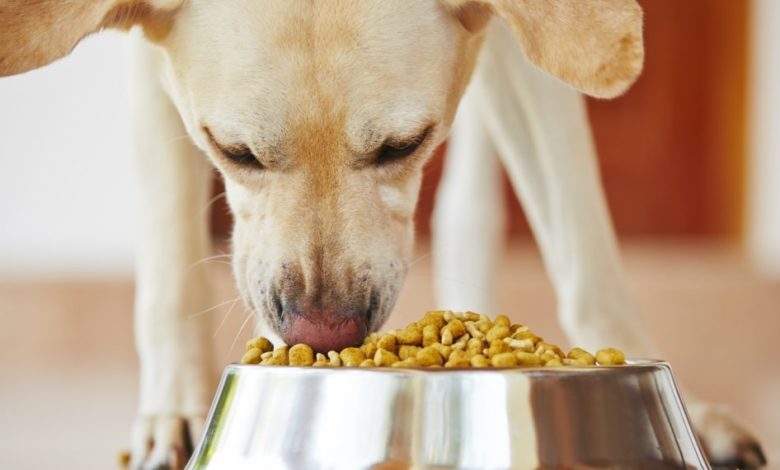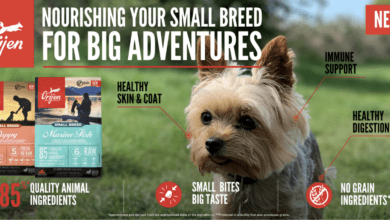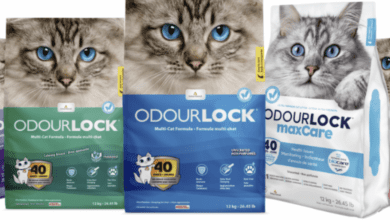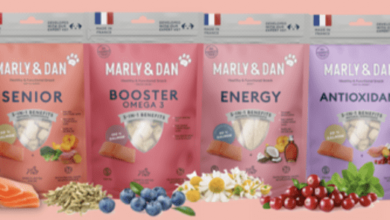Features
Pet food, animal welfare, and the Agriculture Bill

In 2018, PFMA launched its Pet Food Vision. The vision was developed following the EU referendum when as representatives of the UK pet food industry we considered where we wanted to be as a global player following the UK’s exit from the EU.
You'll need to
subscribe to unlock this content. Already subscribed? Login?







